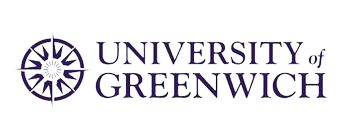Explore the deeper meanings of international economics, finance, and business and learn to compare theories with this Master in Economics.
This flexible MSc Economics combines training in theory and method with exposure to economic and financial data. You will gain a sound knowledge of economics, creative problem-solving skills, and the ability to look deeper into economic policy implications. Our academics focus on real-world issues and draw from a wide range of theories, resulting in an interdisciplinary approach with global benefits.
You can study towards our standard Master of Economics or follow one of our specialist pathways - in International Economics or Business and Financial Economics. Graduates will be well-placed for business and public sector roles, notably in the finance industry where analytical skills and decision-making skills are vital, or for Ph.D. programs and academic careers.
- According to the Economist, we are one of three universities leading the way in keeping economics degrees relevant.
- Our courses in Economics are ranked in the TOP 5 for satisfaction in London (The Complete University Guide League Tables 2022)
- You can seek the deeper meaning of a theory or find in a pluralistic fashion by comparing contesting theories.
- You'll be part of a continuing guest lecture series where leading academic and professional economists share their insights and experience.
- The two specialist pathways are awarded as Master of Economics (Business and Financial Economics) and Master of Economics (International Economics).














